In today‘s interconnected digital world, the global financial and healthcare industries are increasingly relying on advanced information technology to drive business operations and innovation. However, this reliance has also brought about escalating cybersecurity threats. These industries handle vast amounts of sensitive data and have extremely strict requirements for data security and compliance. As the cornerstone of network security, firewalls play a crucial role in meeting these stringent demands.
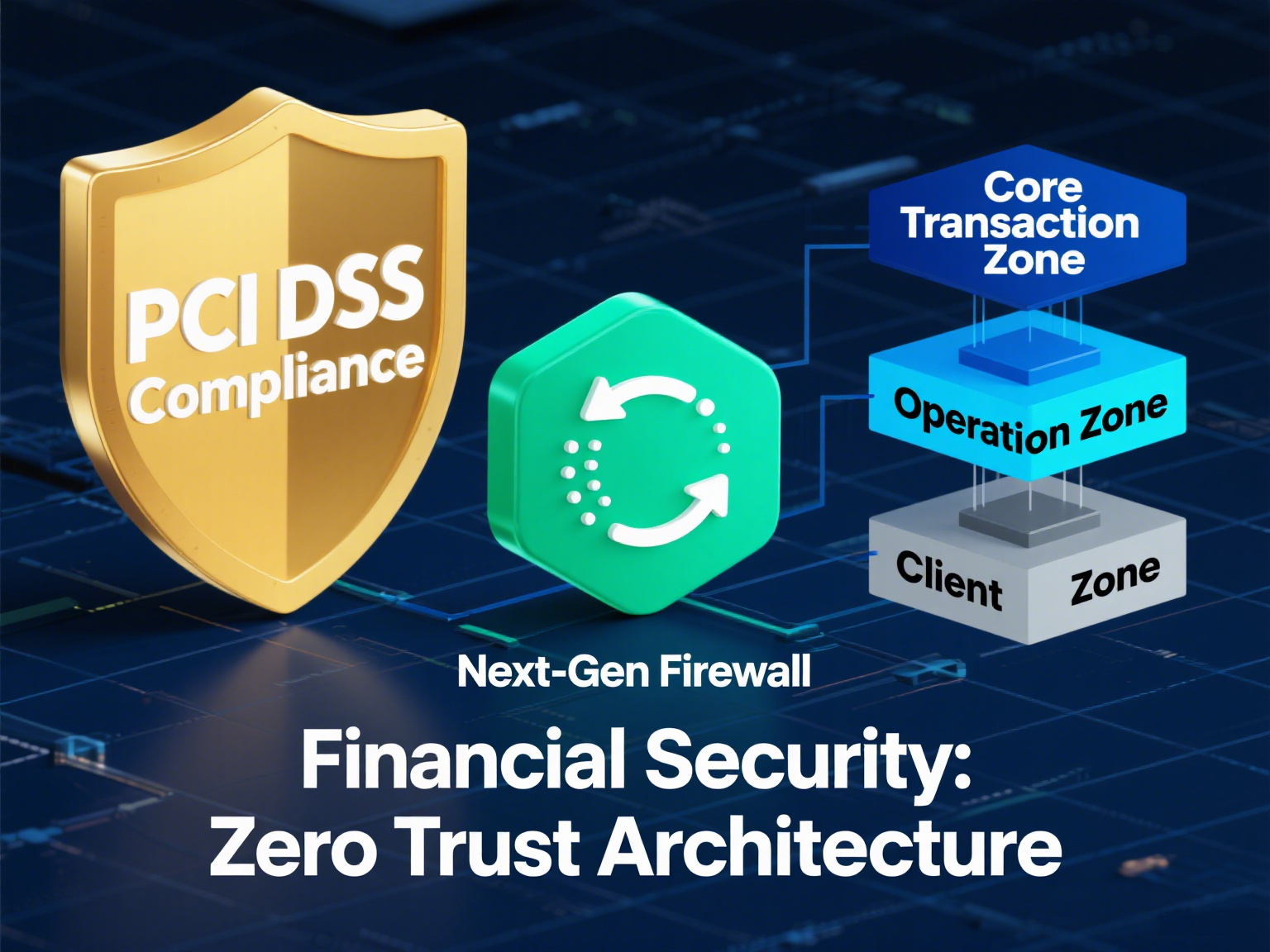
Financial Industry: Safeguarding Asset Security and Ensuring Compliance
The global financial industry is the backbone of the world economy, and any security breach can have far - reaching consequences. Internationally recognized standards such as PCI DSS (Payment Card Industry Data Security Standard), GDPR (General Data Protection Regulation), and ISO 27001 set strict benchmarks for financial institutions. For example, PCI DSS requires strong protective measures throughout the entire lifecycle of cardholder data, from collection and storage to transmission. GDPR, on the other hand, governs the processing of personal data of EU citizens and imposes heavy penalties for non - compliance.
To cope with complex threats, financial institutions are turning to advanced security architectures. The zero - trust model has been widely adopted, which follows the principle of "never trust, always verify". This means that every access request, regardless of its source, must go through strict authentication and authorization processes. Multi - factor authentication (MFA) has become a standard practice, combining what the user knows (such as a password), what the user has (such as a security token), and the user‘s own characteristics (biometric data) to ensure secure access.
Network segmentation is another key strategy. By dividing the network into different segments, such as the core trading area, back - office operations area, and customer interaction area, financial institutions can limit the spread of threats. Next - Generation Firewalls (NGFW) play an important role here, providing deep packet inspection, intrusion prevention, and application - layer control functions. They can identify and control specific applications to prevent unauthorized access to sensitive financial systems.
Financial applications are common targets of cyberattacks, including SQL injection, cross - site scripting (XSS), and credential stuffing. Web Application Firewalls (WAF) act as a protective barrier, analyzing and filtering HTTP traffic between web applications and the Internet. They use machine learning to detect and block emerging threats in real - time, ensuring the integrity of financial transactions.
Distributed Denial of Service (DDoS) attacks pose a significant risk to financial institutions, potentially causing service disruptions and economic losses. To mitigate this risk, many institutions adopt a combination of on - premise DDoS protection devices and cloud - based scrubbing services, which can redirect malicious traffic to global scrubbing center networks to ensure that legitimate traffic reaches its destination.
Data security is crucial in the financial sector. Encryption technology is widely used to protect data in transit and at rest. TLS 1.3 is the preferred protocol for protecting data transmission, offering stronger security and better performance compared to older versions. For data storage, advanced encryption algorithms such as AES - 256 are used to prevent unauthorized access. Regular data backup and disaster recovery plans are also essential, with many institutions aiming for a Recovery Time Objective (RTO) of less than one hour and a Recovery Point Objective (RPO) of a few minutes.
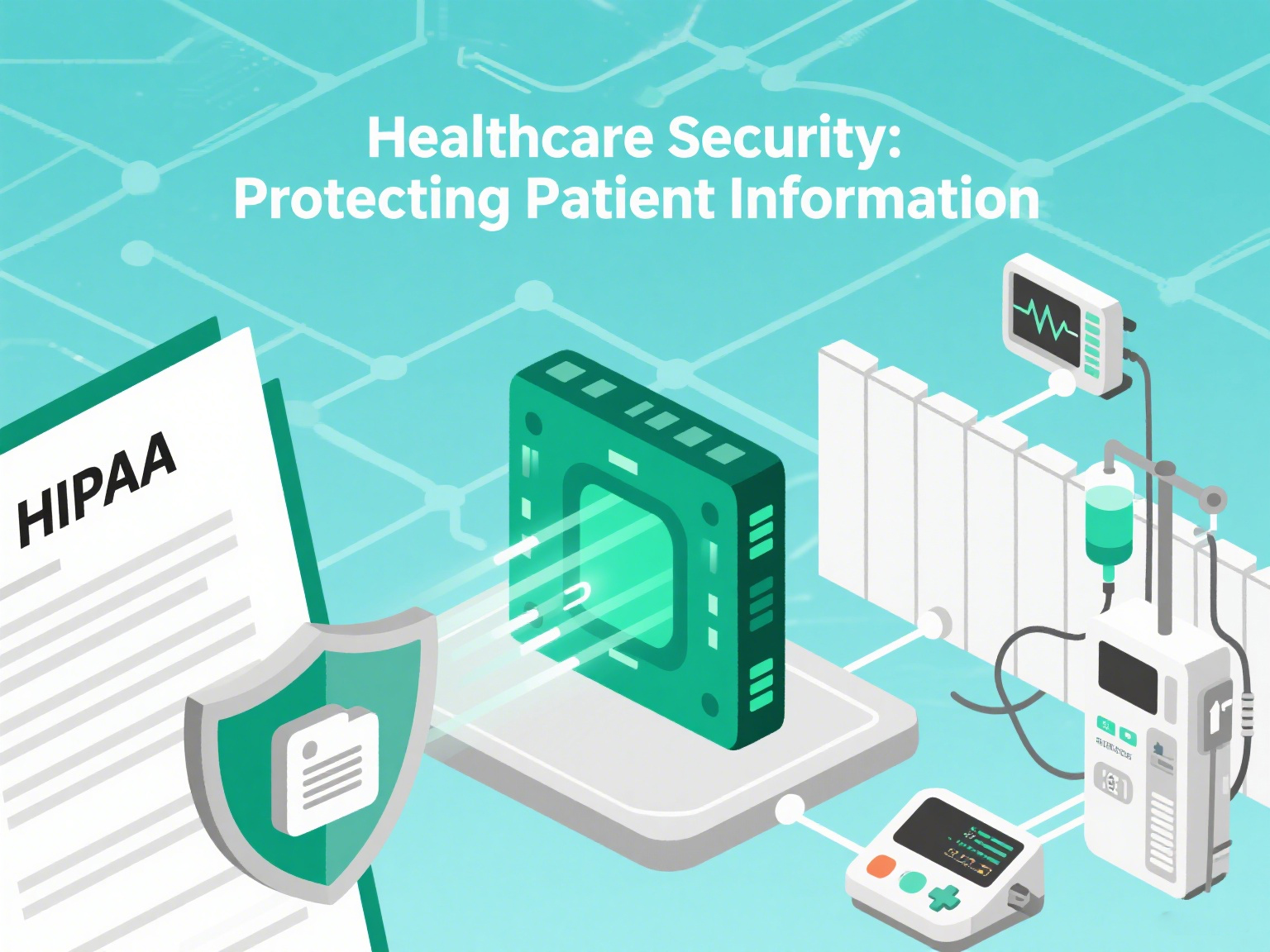
Healthcare Industry: Protecting Patient Data and Adhering to Global Standards
The healthcare industry holds a large amount of sensitive patient information, making it a prime target for cybercriminals. The Health Insurance Portability and Accountability Act (HIPAA) in the United States is a key regulation that sets standards for the protection of Protected Health Information (PHI). HIPAA requires healthcare providers, insurance companies, and their business associates to implement comprehensive security measures to protect PHI, including access controls, audit controls, and breach notification procedures.
With the rapid popularity of telemedicine, electronic health records (EHR), and connected medical devices, the attack surface in the healthcare industry has significantly expanded. In particular, medical devices often lack robust security features, making them vulnerable to cyberattacks. This has led to an increase in ransomware attacks on medical facilities, disrupting patient care and endangering lives.
Next - Generation Firewalls are crucial in protecting medical networks. They can exercise fine - grained control over network traffic, allowing only authorized access to sensitive systems and data. They provide advanced threat detection and defense capabilities to help medical institutions identify and block malicious activities.
Remote access has become increasingly important in the healthcare field, especially with the rise of telemedicine. Firewalls with secure VPN functionality enable medical professionals to securely access patient data from remote locations, providing secure SSL VPN access to ensure that data transmitted between remote users and the medical network is encrypted and protected.
For multinational medical institutions, complying with multiple regulations is a challenge. In addition to HIPAA, they may also need to adhere to regulations such as the General Data Protection Regulation (GDPR) in the European Union and the Personal Information Protection and Electronic Documents Act (PIPEDA) in Canada. Firewalls with built - in compliance reporting features can help these institutions demonstrate compliance with various regulations by generating detailed audit logs and reports.
The Internet of Medical Things (IoMT) is transforming the healthcare industry but also bringing new security risks. Firewalls can play a key role in protecting IoMT devices by isolating them from other parts of the network and monitoring their traffic for suspicious activities. They can identify and classify IoMT devices, enforce security policies, and detect anomalies.
Key Factors in Firewall Selection and Implementation
When selecting a firewall for the financial or healthcare industry, several key factors need to be considered. Firstly, the firewall must have strong security functions, including intrusion detection and prevention, application control, and encryption. It should also be able to integrate with other security systems (such as Security Information and Event Management (SIEM) solutions) to provide a comprehensive security posture.
Performance is another key factor. Financial transactions and medical data transmission require high - speed, low - latency networks, so the firewall must be able to handle large volumes of traffic without affecting performance. Scalability is also important, as organizations need firewalls that can grow with their business needs.
Ease of management is crucial, especially for organizations with limited IT resources. Firewalls with centralized management consoles allow administrators to configure, monitor, and update multiple firewalls from a single interface, simplifying management and reducing the risk of errors.
Finally, vendor support and expertise are vital. Organizations should choose vendors with a good track record in the financial or healthcare industry, who can provide timely support and guidance on the implementation and maintenance of firewall solutions.
In conclusion, next - generation firewalls are indispensable in ensuring the security and compliance of financial and medical institutions. By implementing robust firewall solutions, these industries can protect sensitive data, prevent cyberattacks, and maintain the trust of customers and patients. As cyber threats continue to evolve, organizations must regularly review and update their firewall strategies to guard against emerging risks.









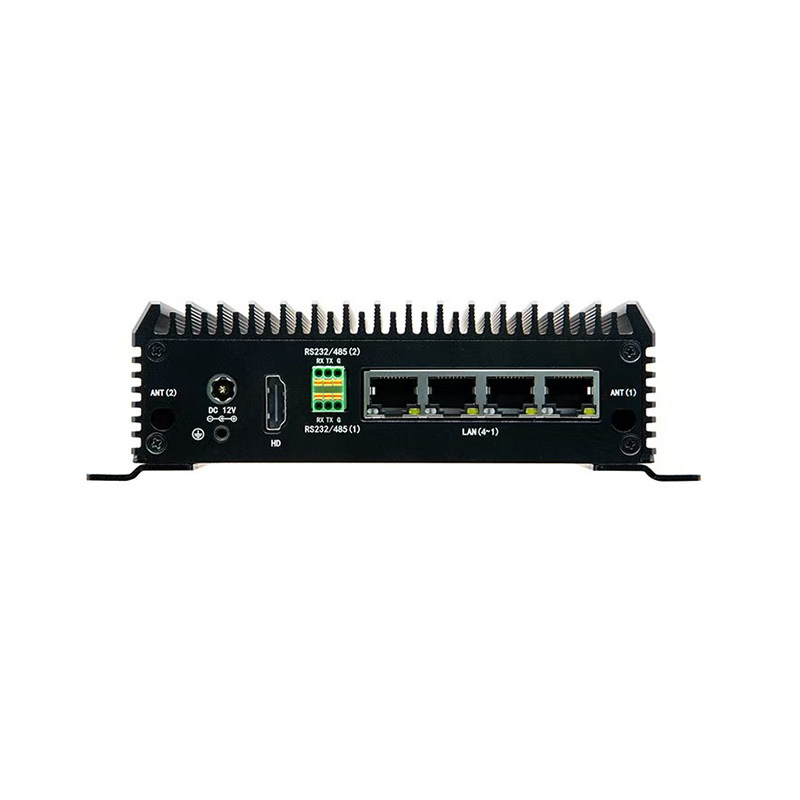
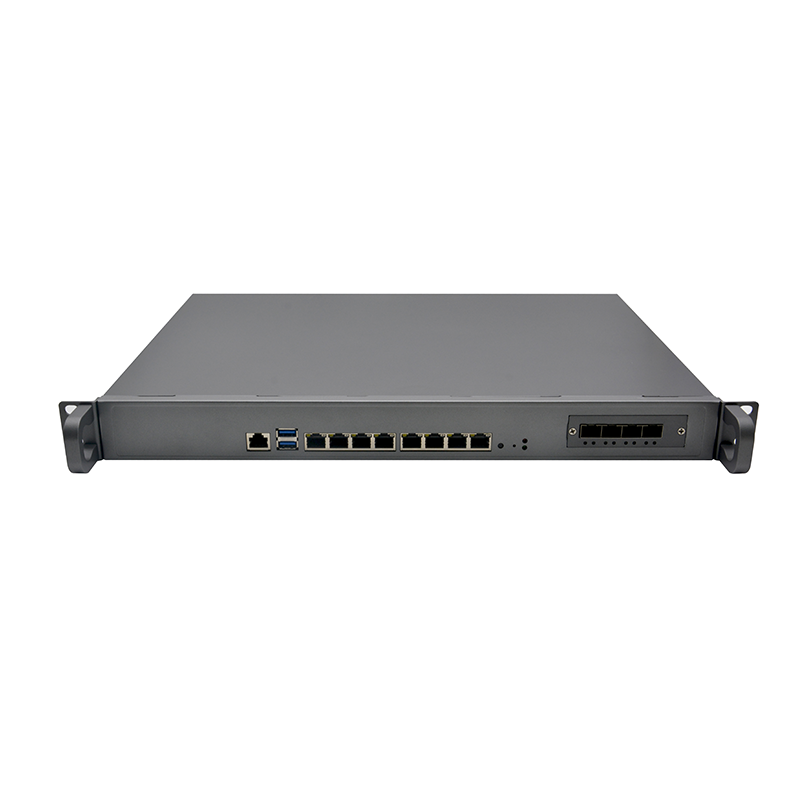
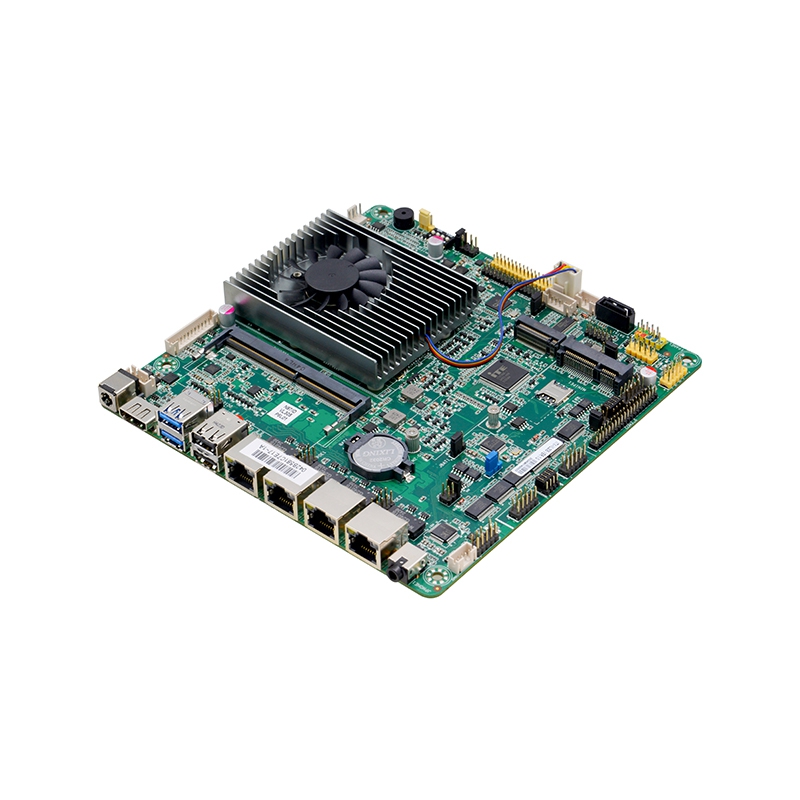
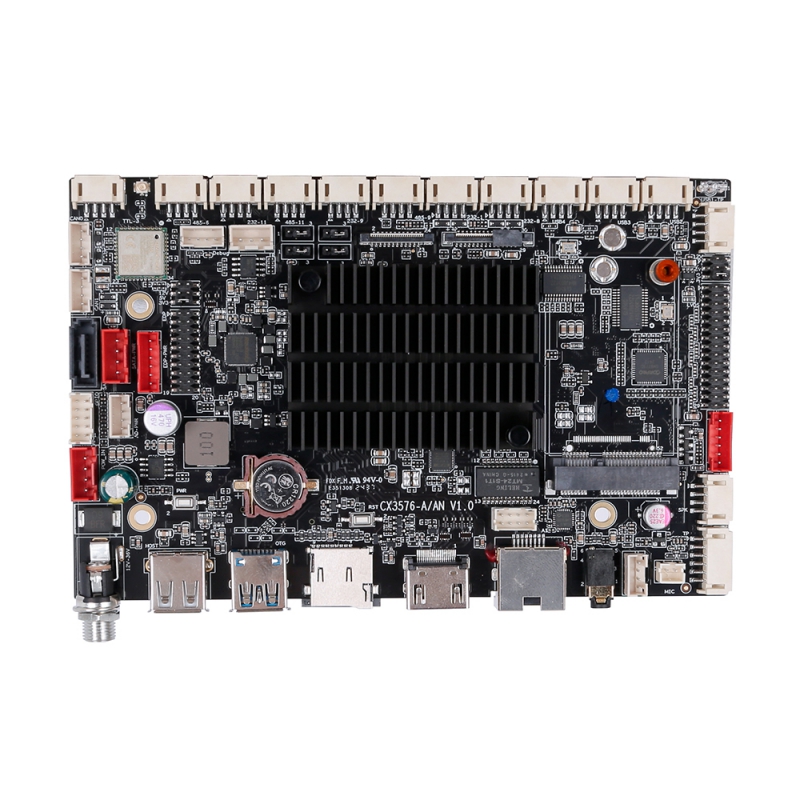






 Teamas
Teamas